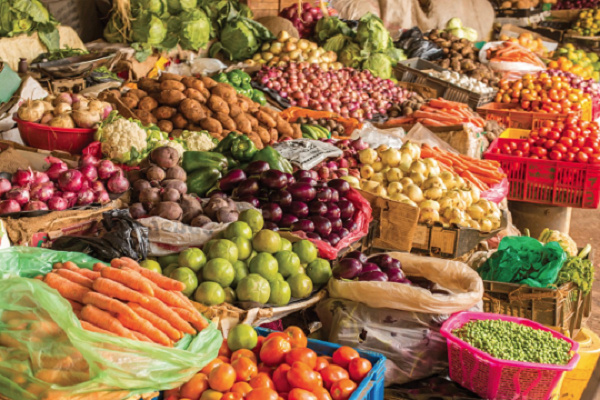Government has allocated GH¢100million this year to strengthen the National Food Buffer Stock Company (NAFCO) and safeguard the country’s food reserves against potential emergencies.
The allocation, contained in the Food and Agriculture Ministry Medium-Term Expenditure Framework 2025-2028, indicates the amount will be used to strengthen the country’s food buffers to improve food security.
More importantly, the document explained that this allocation is intended to enable NAFCO purchase and store food – ensuring availability of essential commodities during emergencies and market disruptions.
The allocation underscores government’s commitment to food security and its recognition of NAFCO’s pivotal role in stabilising prices and preventing shortages.
The agriculture ministry said it forms part of wider measures to modernise agriculture, promote agribusiness, curb food inflation and strengthen national food security.
Last year, NAFCO faced a major test of its capacity to maintain strategic food reserves, mitigate the impact of disasters and emergencies and address potential shortages, as the country had to rely on external aid from the Economic Community of West African States (ECOWAS) to secure grains for domestic consumption.
In September, Ghana received 500 metric tonnes of cereals from the ECOWAS Regional Food Security Reserve. The donation formed part of ECOWAS’s efforts to assist countries grappling with food insecurity arising from drought and other challenges.
The consignment included maize, rice, millet and sorghum, distributed as food grants to eight regions affected by prolonged dry spells.
However, agriculture stakeholders have said the recent events underscored the country’s need to maintain adequate food reserves.
Sector minister Eric Opoku described last year’s situation as less than ideal when he inaugurated a nine-member board for the National Food Buffer Stock Company (NAFCO) in June this year.
“This situation exposed the fragility of our food security system. Going forward, we want a new narrative. In times of crisis, the buffer stock stores should be able to say: “We have 10,000 or 20,000 tonnes of maize, rice or soybeans ready to stabilise the market,” he said.
Opoku stressed that the company must be proactive in intervening by purchasing surplus food during harvest seasons, storing it to maintain price stability and releasing it during lean periods and emergencies to curb price hikes on the open market.
He added that part of the funds allocated will be used to support buffer stock operations, enabling the company to procure and store food in anticipation of future shocks.
